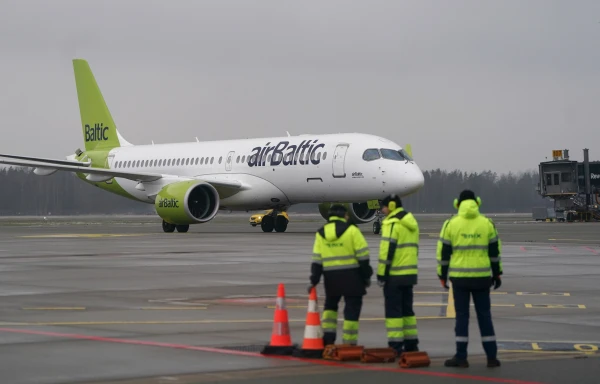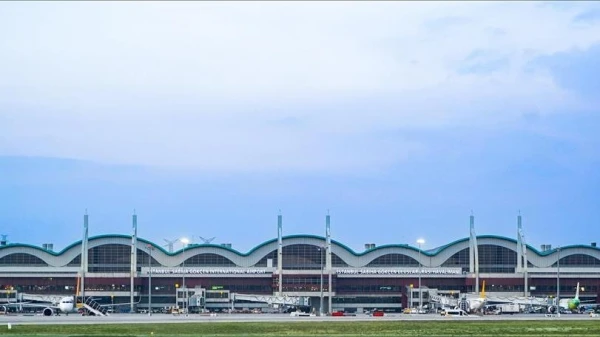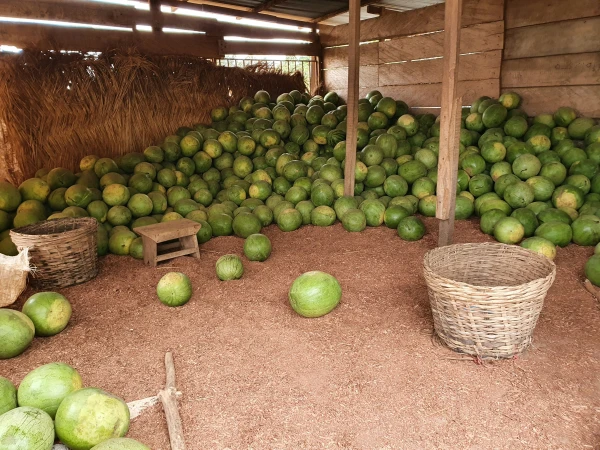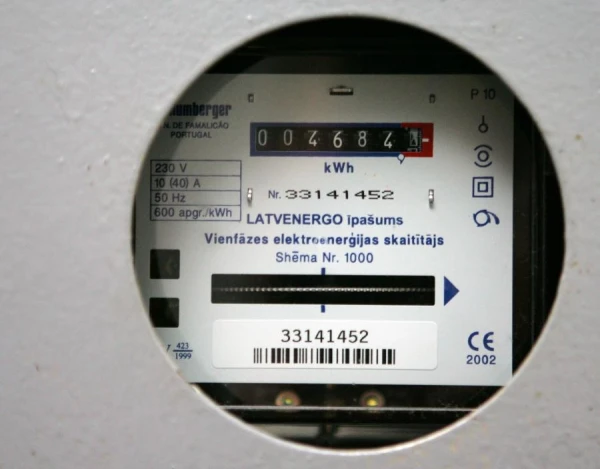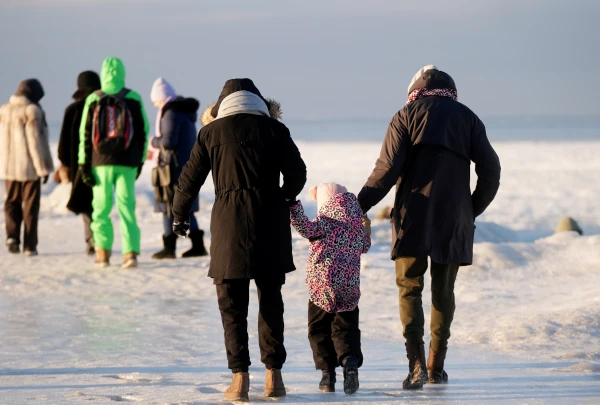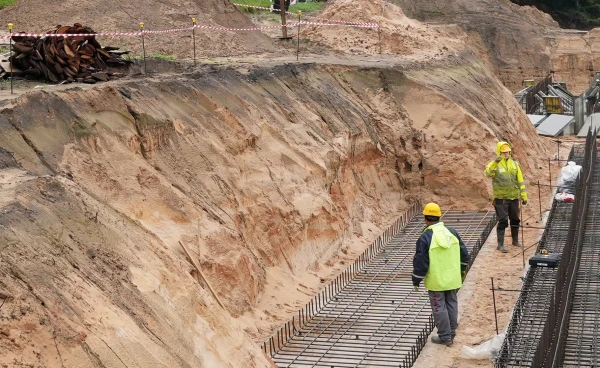
The number of complaints from third-country nationals regarding labor law violations of varying severity, which they encounter in Latvia and which sometimes border on human trafficking, is constantly increasing, writes Diena.
These include unpaid salaries, irregular working hours, and dismissals without warning. Such cases come to the attention of the organization "Shelter 'Safe House'" and the State Labour Inspectorate.
Social rehabilitation of victims of human trafficking is funded by the state, and every two years, the Ministry of Welfare announces a competition for the provision of these services. Usually, two organizations participate in the competition - the "Marta Centre" and "Safe House", which has been working with victims of human trafficking since 2007.
"We try to get them back on their feet and reintegrate them into society," said Gita Mirushkina, a board member of "Shelter 'Safe House'", characterizing the organization's work at an off-site meeting of the Saeima Human Rights and Public Affairs Commission.
In the first ten months of this year, 24 people sought help from the organization - five women and 19 men. Of these, only one was referred to "Safe House" by the police. In three cases, it was sexual exploitation, in one case, a sham marriage, and in 20 cases, violations of labor laws. Among those seeking help were one citizen of Congo, one citizen of Uzbekistan, two citizens of India, four citizens of Latvia, and 14 citizens of Tajikistan.
Cases of those who enter "Safe House" not within the framework of criminal proceedings, where they are recognized as victims, are reviewed by a special commission consisting of a lawyer, psychologist, and social worker. They listen to the person but do not investigate what happened. A decision is then made to recognize the person as a victim of human trafficking, but those who do not meet the criteria are denied assistance.
When the organization first started working in this area, those seeking help were only residents of Latvia, but now the majority of those in need are newcomers from other countries. There is growing concern over the increasing number of problems faced by people arriving in Latvia for work. They are mainly employed in construction, often not on private projects but on large state-scale projects, such as the "Gaiļezers" hospital and "Rail Baltic". Violations concerning foreign workers are also recorded in agriculture, manufacturing, and the service sector, that is, where low-skilled labor is required, Mirushkina noted.


